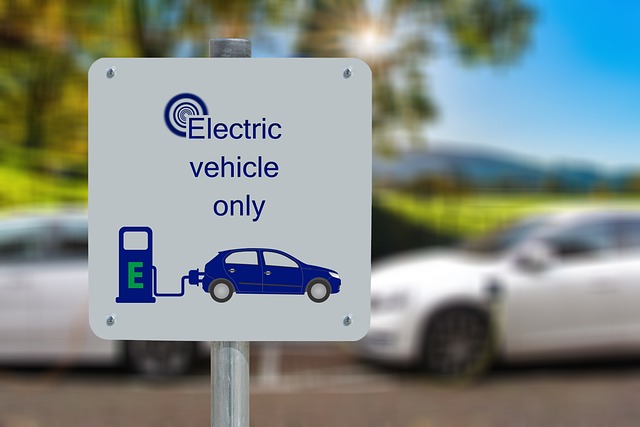For those considering the purchase of an Electric Vehicle (EV), the IRS is currently offering tax incentives of up to $7,500.
As of this month, individuals can avail this incentive directly at the dealership, eliminating the need to wait until tax season for reimbursement.
This move by the government aims to encourage potential EV buyers by enabling them to apply the discount at the time of purchase, providing timely financial relief.
This shift in policy could prove crucial for the EV sector, which has faced challenges due to diminishing demand and heightened competition from international manufacturers.
IRS Introduces 2022 EV Tax Credits

The IRS initiated tax credits for EV buyers in 2022, following the enactment of the Inflation Reduction Act, offering up to $7,500 for new electric cars.
This measure was a pivotal aspect of President Biden’s commitment to achieving half of all new vehicle sales as electric by 2030.
However, in recent months, the government has gradually revised certain terms of the incentive program.
Several models are no longer eligible for the credit, and proposals to exclude vehicles with batteries sourced from China have introduced uncertainty regarding eligibility for consumers. These adjustments have faced criticism, particularly from Senator Joe Manchin (D-W.Va.) in the past year.
Policy Shift: Reversal in Tax Credit Trend
The most recent modification, aimed at enhancing accessibility to the tax credit, represents a reversal in the overall trajectory of policy adjustments observed in the past year.
This adjustment to the tax incentive, however, comes with a minor condition: buyers need to ensure that their eligibility status remains consistent between the time of purchasing an Electric Vehicle (EV) and the subsequent tax submission the following year.
According to Andy Phillips, Director of the H&R Block Tax Institute, if eligibility changes during this period—for instance, if income surpasses the $300,000 joint filing cutoff—they may be required to reimburse up to $7,500.
